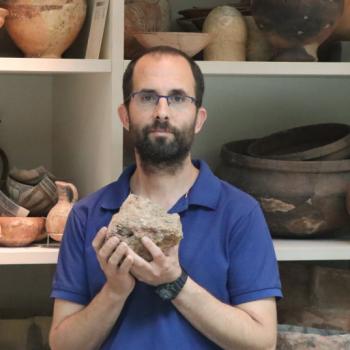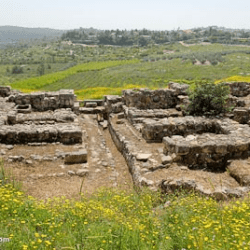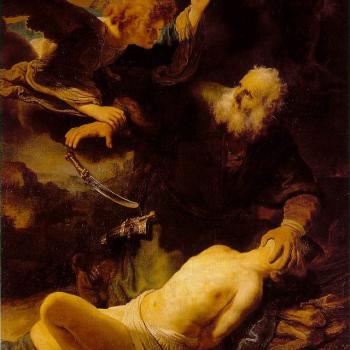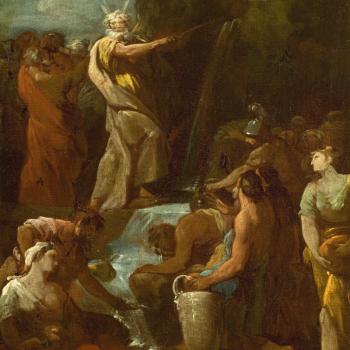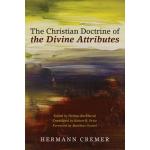
Atheist anti-theist polemicist Jonathan MS Pearce wrote in his screed, “Debunking the Exodus II: A Ridiculous Story with Ridiculous Claims” (5-19-21):
A new Pharaoh took up office and did not know Joseph (his brothers and all). [Is it likely that he would have NO knowledge of the second in command of his own country who single-handedly saved them from famine and who famously translated dreams as prophecies?]
The red font is his own. He explains that “writing in red” signifies why he thinks “the claim is entirely improbable”.
Exodus 1:8 (RSV) Now there arose a new king over Egypt, who did not know Joseph.
Jonathan casually assumes that this is right after Joseph died, and to be fair, the text just two verses earlier referenced that event. But we still must read in context. The Bible (like a lot of literature: both fiction and non-fiction) often makes great leaps in time without necessarily noting it.
But in any event, the text shows what general time-period Exodus 1:8 refers to, if one will simply keep reading 17 more verses (the original Hebrew Bible had neither chapters nor verse numbers): though there is also an indeterminate period of time within the narrative:
Exodus 1:11-12 Therefore they set taskmasters over them to afflict them [“people of Israel”: 1:9] with heavy burdens; and they built for Pharaoh store-cities, Pithom and Ra-am’ses. [12] But the more they were oppressed, the more they multiplied and the more they spread abroad. . . .
Exodus 1:15 commences the story that leads in an unbroken narrative to the birth of Moses. He is put into a basket in the Nile (2:3), and named (2:10).
The other internal clue we have that there is considerable time between Joseph’s death and Moses’ birth, is the genealogy laid out in Exodus 6:14-27. Charts of Moses’ ancestry (there are many) are very helpful to visualize the time involved. From it we learn that Levi (Gen 29:34), Joseph’s brother (Gen 30:23-24), bore Kohath (Gen 46:11), Kohath bore Amram (Ex 6:18), and Amram, Moses (Ex 6:20).
Therefore, Joseph is Moses’ great uncle, but three generations removed (brother of his great grandfather, Levi). A wonderful article by Charles F. Aling at Christian Answers.Net (“Is the Biblical story of Joseph in Egypt verified?”), describes the relationship in time of Joseph and Moses:
[T]wo major positions exist regarding the date of Joseph among serious students of the Joseph Story who accept its historicity. The majority of such modern scholars date Joseph to the Second Intermediate Period of Egyptian history [Hyksos period], ca. 1786-1570 BC (Vergote 1959; Kitchen 1962; Stigers 1976), . . .
This view is based primarily on two assumptions: first, that the so-called Late Date of the Exodus (during the reign of Ramses II) is correct, and second, that the rise to power of an Asiatic can best be placed during a period of Egyptian history when his fellow Asiatics, the Hyksos, controlled the government. . . .
If the Exodus occurred in the 13th century BC, and the Sojourn lasted approximately 400 years (430, according to Exodus 12:40), Joseph would belong in the 17th century BC. But if the Exodus took place in the 15th century BC, Joseph’s career would be shifted back to the 19th century BC, during the days of the 12th Dynasty of the Middle Kingdom. . . .
I personally hold to an early Exodus. My only point is that one’s view on the date of the Exodus is a determiner of one’s date for Joseph.
REFERENCES
Kitchen, K. 1962 Joseph. P. 290 in New Bible Dictionary, ed. J.D. Douglas. Grand Rapids: Eerdmans. 1966 Ancient Orient and Old Testament. Downers Grove: InterVarsity Press.
Stigers, H. 1976 A Commentary on Genesis. Grand Rapids: Zondervan.
Vergot, J. 1959 Joseph en Egypte. Louvain: Orientalia et Biblica Lovaniensia.
Encyclopedia Britannica (“Moses”) informs us that he “flourished 14th–13th century BCE”. It takes the late date view of the Exodus: “the most probable date for the Exodus is about 1290 BCE.” Therefore, Moses’ birth was “probably . . . in the late 14th century BCE.” The latter is deduced from the Bible’s statement (Ex 7:7) that Moses was eighty in the year of the Exodus, which would makes his birthdate around 1370 BC, his death in 1250 BC, and Joseph’s lifetime in the 17th c. BC.
Robert I. Bradshaw, in his article, “Archaeology and the Patriarchs” notes about the time of Joseph:
There is no direct evidence of Joseph’s administration available from archaeology. However, a number of incidental features of the Joseph narrative (Gen. 37-50) have been shown to be consistent with the Hyksos period. The price of 20 shekels was the average slave price in the 18th century BC (cf. Gen. 37:28), later the price rose until it was 40-50 shekels in the 15th-14th centuries. The technical terms used in Pharaoh’s court (‘Butler’, ‘Baker’), as well as court (Gen. 41:14) and prison procedure and etiquette have been shown to be accurate. The Vizier of Egypt was known as the “Sealbearer of the King of Lower Egypt” (cf. Gen. 41:42) and the gold chain sanctioned “a Vizier’s control over regulation of food supply.” (Gen. 41:42).
In the previous paragraph he estimated the time of the Hyksos rule of Egypt to be “c. 1700-1550 BCE.” It’s difficult to find any material where anyone makes an educated guess as to the date of Joseph’s death. In any event, we know from the Bible that three generations separate him from Moses. And we know that some time elapsed between his death and the new “hostile” king:
Exodus 1:6-7 Then Joseph died, and all his brothers, and all that generation. [7] But the descendants of Israel were fruitful and increased greatly; they multiplied and grew exceedingly strong; so that the land was filled with them.
Verse 7 sounds to me like a generation or two, just as 1:12 sounds like a good chunk of time: “the more they multiplied and the more they spread abroad.” Then after whatever this period of time amounts to, we get the birth narrative of Moses, whom we know is three generations younger than Joseph.
The “chronological question” — to sum up — then becomes: “how much time passed (implied) in the narrative between Joseph’s death and this new king, and between the period of Israelites multiplying, to the time of Moses?” In any event, when all these things are considered and factored in, there is clearly a significant interim time period (though it’s hard to nail down exactly how much) between Joseph’s death and this new anti-Israeli king-Pharaoh, which would and could easily account for him not “know[ing]” him.
It’s not like the text says that Joseph died, and the next day the new king took power, and had already forgotten all about Joseph (that would be the typical frivolous atheist caricature of Scripture). There are long time periods mixed in, as shown. Jonathan assumes there are none, but I see no good reason to agree with him. This is yet another non-issue; much ado about nothing.
***
Photo credit: Joseph in prison interpreting dreams, by Ferdinand Bol (1616-1680) [Flickr / CC BY-NC-SA 2.0 license]
***
Summary: Atheist Jonathan Pearce mocks the biblical presentation of “Pharaoh Didn’t Know Joseph” based on the data of Exodus 1:8. But if one reads the context, the “problem” vanishes.








